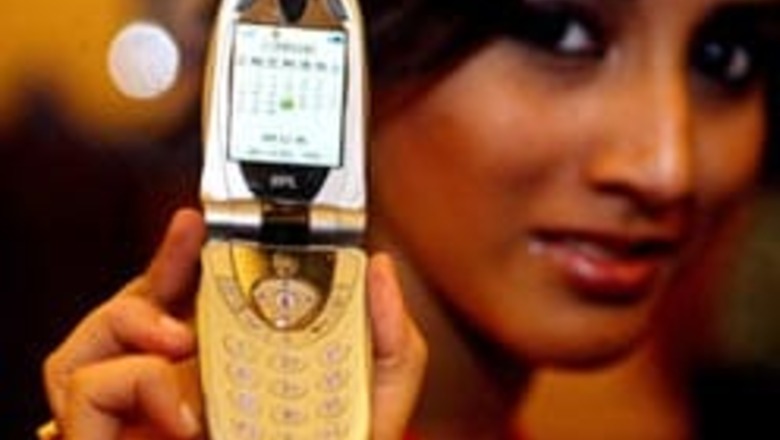
views
Once upon a time in India, the landline was a symbol of having arrived. People dropped names of people they knew in the government telephone agencies who could get them a 'connection in two days' and neighbours sheepishly requested if they could use your phone.
Things slowly changed with the advent of the mobile phone in the Indian markets… but I wonder if anyone had thought the way the mobile would catch the fancy of the common man. Initially, when the new bulky mobiles were launched, expensive handsets and expensive call charges ensured that this new technology too was the plaything for those with the money. Till the day people joked, “Get yourself a phone, incoming calls are free now.”
Free incoming, slashed call rates, cheaper handsets, life-time numbers without ‘top-ups’ and free phone-to-phone if you use a common service provider: From the days the mobile phones were launched till date, service providers and mobile phone makers are pulling out all stops to woo the Indian market; particularly the rural one. Like all smart business players, the mobile companies have realized that it’s the grassroots that would yield the most numbers and the most revenue as well.
Take the case of Uma Shankar, for instance. He is by far the coolest auto-rickshaw driver I have met: He drives at a speed that could kill if it weren't for his mysterious maneuvering skills. Uma Shankar is also very business-savvy. Whipping out a purple rectangle the other day, he said: "Madam, bijness card, Noida's first mobile-auto, anytime, everywhere service, auto on one phone call, if no balance, give missed call.” Today, Uma Shankar not only does house-calls, he even has 'corporate clients', executives who use his mobile-auto service to cover short distances from home to office.
And it's not just Uma Shankar; mobile phones have affected lives around us in more ways than introducing the SMS-lingo or having your favourite heroine's voice as your morning alarm. Fishermen in Kerala, dhobis in colonies, green grocers, auto-rickshaw drivers, household help… the mobile phone has revolutionised the way India thinks, interacts and does business at every possible level.
The figures say it too: 4.5 million new users, which means about 4,000 towns and 2,00,000 villages in India, are connected by wireless services. It means almost every other person you meet in a city will have a phone. Some have two.
The figures also mean that mobile phones have started a completely different lifestyle. Even love is not the same anymore. People have randomly met thanks to missed calls, wooing happens over SMS-es, traditional Diwali greetings are over the cell phone and keeping in touch with friends is through forwarded jokes…
And hey! Let’s not forget, reality television and SMS-voting are fast becoming decisive tools for democracy; very recently we were voting for the President of India on our mobile phones.
Today, 15 years or so after mobile phones first entered the Indian market, there’s a market for everything… a torch-wala mobile phone aimed at truck drivers and a Rs 40,000 phone aimed at the CEOs and VPs of companies… And the landline? Well, the landline has once again become a sort of with-it symbol; it means you have a broadband connection at home…










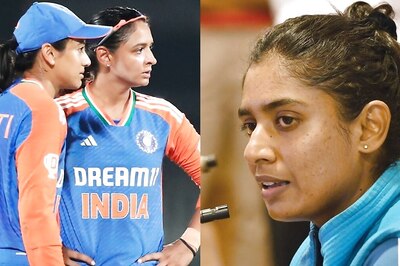
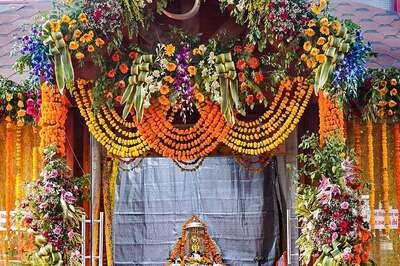




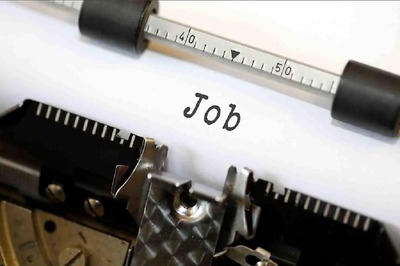
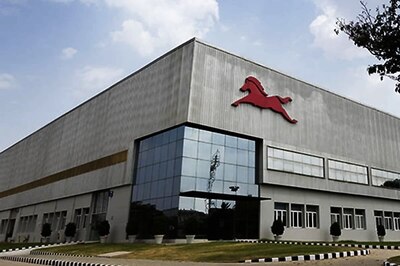

Comments
0 comment